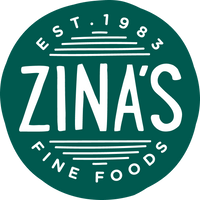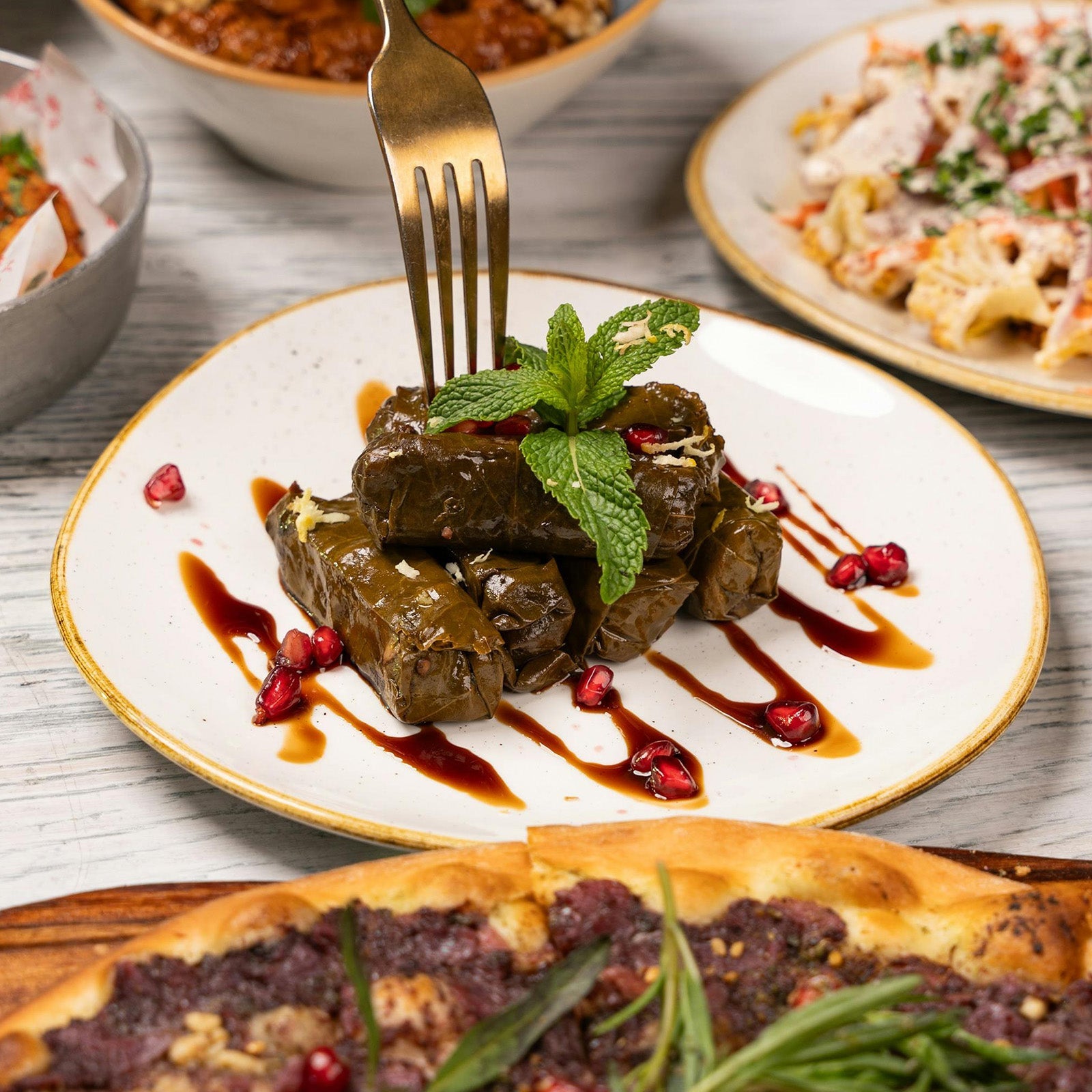
In recent decades, American agricultural production has seen a notable decline, with fruit production down 36% and vegetable production down 6.3% between 2003 and 2024, according to USDA data.
The reasons behind this shift include rising costs, labor shortages, and shifting consumer preferences, forcing the food industry to look abroad for ingredients that meet the growing demand for authentic and high-quality products. For businesses like Zina’s Fine Foods, sourcing globally has become a necessity, allowing us to uphold the premium quality and authenticity our customers expect.
Labor Shortages and Rising Costs
American agriculture has long depended on a robust labor force, traditionally supplied by immigrant workers. However, stricter immigration policies and a shrinking interest in agricultural work among younger generations have caused a severe labor shortage. This makes cultivating labor-intensive crops such as fruits and vegetables increasingly difficult and expensive for U.S. farmers.
Coupled with this is the rising cost of farming inputs, including seeds, fertilizers, equipment, and energy. Small- and medium-sized farms, in particular, find it challenging to compete with these escalating costs, leaving them with little choice but to reduce production or cease operations entirely. This has been especially damaging for crops that require specialized care, like heirloom tomatoes, certain varieties of peppers, or rare grains, which many American farms no longer find viable to grow.
Globalization and the Rise of Imports
As domestic production struggles, imported goods have increasingly filled the gap. For example, specialty fruits like tropical mangoes or premium avocados often come from Mexico, Central America, or South America, where ideal growing conditions and lower production costs make them readily available. European countries, renowned for cultivating high-quality grains such as farro or spelt, continue to be a major source for specialty flours and baking ingredients that are difficult to produce at scale in the U.S.
At Zina’s, global sourcing ensures that we can offer products that meet both our high standards and our customers' evolving tastes. For example, while wheat is widely grown in the U.S., niche grains like Mediterranean bulgur, used in our Tabbouleh salad, are best sourced from regions where centuries of tradition have perfected their cultivation. Similarly, ingredients such as sun-dried tomatoes from Italy, grown under specific environmental conditions, bring unparalleled flavor and authenticity to our dishes.
Consumer Preferences and Authenticity
Consumer demand for authentic international flavors is transforming the food industry. Shoppers are no longer content with generic, mass-produced versions of global dishes. Instead, they seek out products made with traditional ingredients and preparation methods, which often require sourcing from the ingredient’s country of origin.
While U.S. agriculture excels in staple crops like corn and soy, it often falls short in producing the diverse range of specialty fruits, vegetables, and grains needed to replicate the flavor profiles of cuisines from around the world. For example, certain peppers essential for authentic Mediterranean and Middle Eastern dishes, such as Aleppo or sweet paprika peppers, are best grown in specific regions with optimal soil and climate. These ingredients are difficult to replicate domestically without sacrificing quality and flavor.
Ensuring Quality Through Global Sourcing
The decline in domestic agriculture has not only reduced availability but also made it harder to maintain consistency in high-quality ingredients. As a result, businesses like ours rely on trusted global suppliers for the best produce and specialty items. This approach ensures that every salad or dish we create lives up to its promise of quality and authenticity.
For example, our tabbouleh relies on imported bulgur wheat and fresh herbs to achieve its signature flavor. Similarly, Mediterranean olives, sourced directly from Greece, bring an authenticity that cannot be replicated by domestic substitutes. By focusing on ingredients that are grown where they thrive naturally and are cultivated with traditional expertise, we provide our customers with products that stand out for their superior taste and quality.
The Future of Food Production
The decline in U.S. agricultural output is a complex issue, but it underscores the importance of global partnerships in ensuring a steady supply of high-quality ingredients. For businesses dedicated to delivering exceptional food, the path forward lies in balancing domestic production with the strategic sourcing of specialty items from international producers who excel in their craft.
At Zina’s, we embrace the opportunity to combine the best of global agriculture with the artisanal touch of our handcrafted production process. By sourcing ingredients like premium bulgur, Mediterranean olives, and sun-dried tomatoes from their regions of origin, we ensure that every product reflects the rich diversity of global cuisine. While the challenges facing American agriculture persist, our commitment to quality and authenticity ensures that our customers continue to enjoy a world of flavors.






